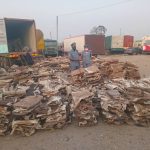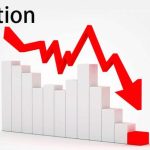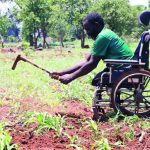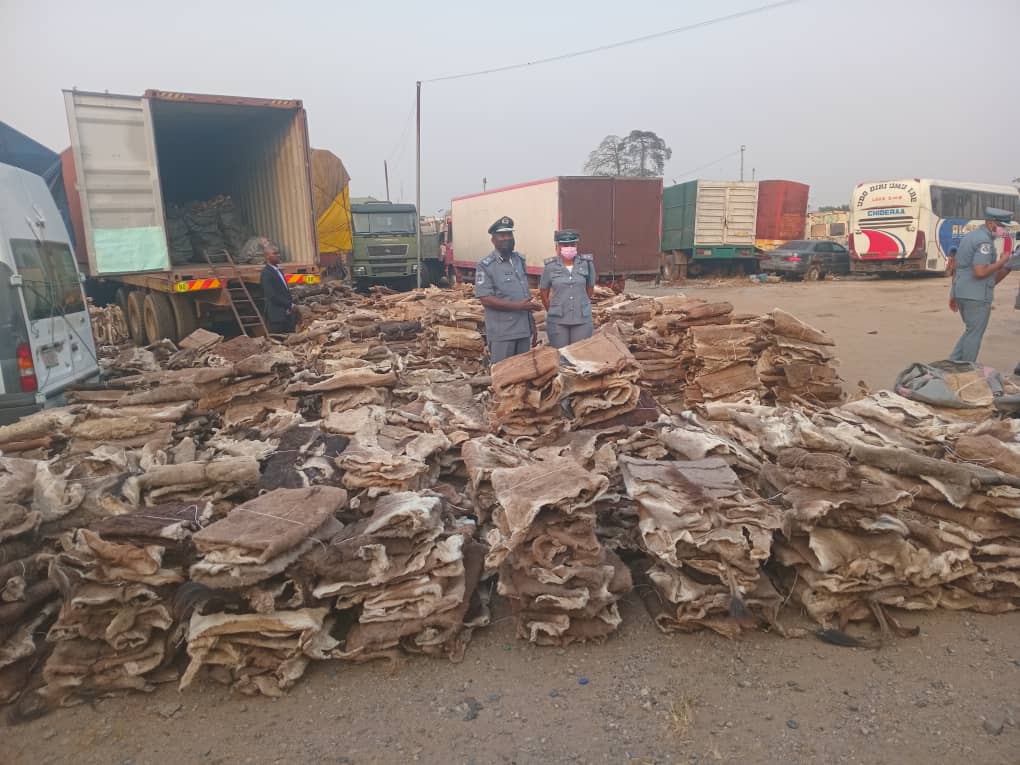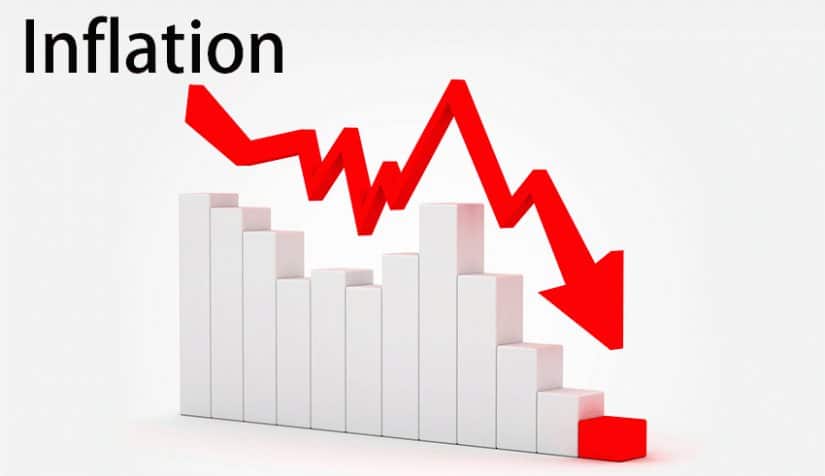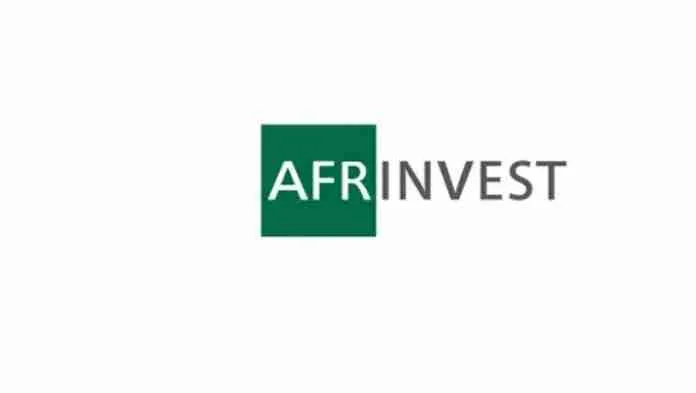The seven governors of Nigeria’s Northwest geo-political zone have got the promise of Dr. Akinwunmi Adesina, Nigerian-born president of the African Development Bank, AfDB for a handsome investment that will boost agricultural outputs in the zone. The support will enhance efforts at ensuring development in the area, as well as providing tackling insecurity and job creation for the youth population. They got assurances from Adeshina during a visit to Abidjan, Cote D’ivoire recently. The governors who were led by Katsina State Governor Mallam Dikko Umar Radda, included Governors Dr Nasiru Idris of Kebbi State, Alhaji Umar Namadi of Jigawa, Zamfara’s Dr Dauda Lawal, and Deputy Governors Aminu Abdussalam from Kano, Dr Hadiza Sabuwa Balarabe representing Kaduna, and Idris Mohammed Gobir of Sokoto.
The AfDB president who had been a minister of Agriculture in Nigeria in the past said, “The African Development Bank Group remains resolute and committed to supporting the Nigerian Government to mitigate the impacts of the high food and energy prices prevailing in the country.” During Adesina’s tenure as minister Nigerian farmers enjoyed a great deal of patronage from the government, which resulted in high yield crops in the sector. His principal, President Goodluck Jonathan was particularly encouraged to sponsor him for the continental job, even at the tail end of his presidency.
Convinced that his candidate would be a valuable asset to Africa, Jonathan involved his yet to be sworn-in successor then, Muhammadu Buhari, to enlist in the successful campaign for the appointment of Adeshina. So, Adeshina understood the agricultural potentials of the country, as well as the challenges bedevilling the growth of the industry. Armed with that knowledge, the AfDB president dissected the prevailing problems in Nigeria and aversed the solution. Hear him: “Food price inflation stands today at 33%, and it accounts for 65% of the consumer price index. By providing the North West—whose development is critical for Nigeria—with affordable renewable energy that will power our planned Special Agro-Industrial Processing Zones, we would have gone a long way in taming inflation in Nigeria.”
The SAPZ programme was designed to minister to the promotion of increased productivity in the agriculture sector, encourage value addition and access to the market “through government-enabled and private sector-driven investments to develop strategic commodity value chains.” It was launched in Nigeria in October 2022. The programme comes with a lot of benefits for the country. This is because the AfDB has also attracted some other finance corporations to buy into the dream of improving agricultural products in areas identified by the bank. Adeshina told his visitors that the Bank and its partners have targeted $1 billion in financing to expand the SAPZ program in Nigeria. Through this intervention, about 25 of the country’s 36 states will benefit. He, therefore, urged the governors to collaboratively and promptly select agricultural hubs to host the schemes.
According to the AfDB president, the states of the governors stand to gain a lot from the programme. He said, “These zones (SAPZ) will benefit local farmers and create jobs throughout the value chains. They will provide unprecedented opportunities to transform commodities into high-value products, reduce waste and post-harvest losses, boost incomes, increase profits, and plough money back into your rural economies.” The visiting governors are fully aware of these benefits. For instance, the Kaduna State Deputy Governor, Dr Hadiza Sabuwa Balarabe, said, “We are optimistic that the special agro-industrial processing zones will assist us in overcoming many challenges, just as it will propel us to achieve food self-sufficiency, job and wealth creation, and subsequently boost economic growth, especially the rural economy.” On his part, Governor Dauda Lawal of Zamfara state said being an agrarian economy, his state stands to benefit from the support, as a state blessed with “abundant lands for agriculture and (which also has) the largest dam in the country.” He said with sufficient water and land resources, the State can produce enough to feed Nigeria, particularly in rice and wheat. Lawal is confident that his state could make an enormous contribution to the eradication of poverty in Nigeria, by creating wealth, particularly with its hosting of the largest dam in the country and the mineral deposits like gold and lithium.
Already, the governors are looking forward to the financial support, as they have programmes they want to run for better development of the zone. The Deputy Governor of Kano State, Aminu Abdussalam, said the state is working to revamp more than 20 idle dams to drive economic activity, while the Deputy Governor of Sokoto State, Idris Mohammed Gobir said the priorities of the state include programmes to improve the production of beef and milk. If they use the support well enough, Adeshina promised that more of it was in the offing. For instance, from his depth of knowledge about the endowments in livestock, particularly cattle, and the need for meat processing, he pledged that “I would like us to have a substantive conversation about establishing beef processing zones in the North West zone.”





